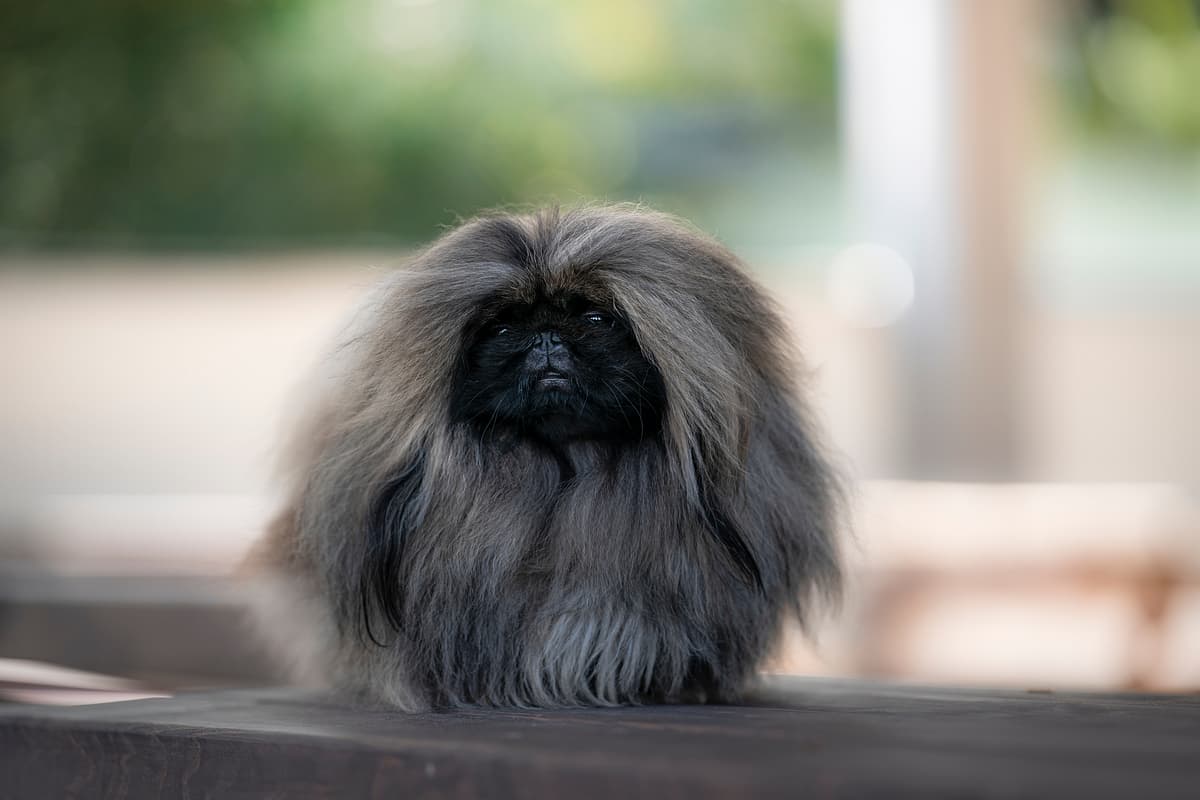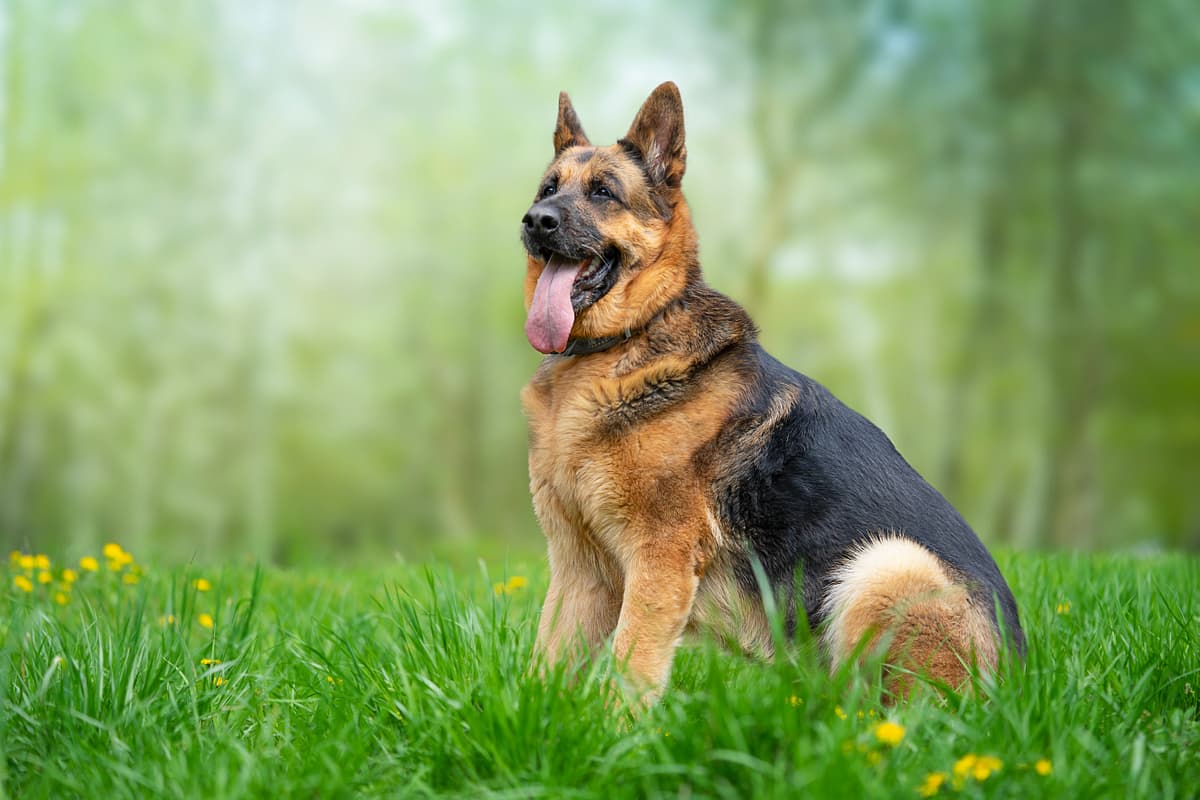Pekingese vs German Shepherd
Discover the differences between Pekingese and German Shepherd to make the best choice for your situation.
Try different breeds

Pekingese
Compact, regal, and confident, the Pekingese charms with its lion-like mane and bold personality. Loyal and affectionate, this breed thrives as a treasured companion.

German Shepherd
Confident, loyal, and highly intelligent, this breed thrives as both a devoted family companion and a reliable working partner. Always alert and eager to learn, it adapts to many roles with ease.
Quick comparison
Small
3.2–6.4 kg
Long, straight
12–14 years
3.2–6.4 kg
Low activity needs
Large
30–40 kg
Double coat, dense undercoat
9–13 years
22–32 kg
High energy
Personality & behavior
Compare the personality traits and behavioral characteristics of both breeds.
Pekingese
Reserved with strangers, loyal to family members
Quick to learn, responds well to training
Prefers calm environments, low exercise needs
Enjoys gentle play, not overly rambunctious
Adjusts moderately to routine and environment changes
German Shepherd
Warm with family, reserved with strangers
Quick learner, highly trainable and alert
Needs regular activity and vigorous exercise
Enjoys games, interactive and engaging
Adjusts well to new situations and environments
Care needs
Exercise, grooming, and daily care requirements
Pekingese
Brachycephalic syndrome, eye problems
German Shepherd
Hip dysplasia, elbow dysplasia
Suitability
How well each breed fits different living situations and families
Pekingese
Good option
Adaptable and independent, Pekingese can suit patient first-time owners willing to train gently.
Excellent fit
Small size and low exercise needs make them comfortable in apartments.
Not ideal
They prefer calm environments and tire quickly, struggling to match high energy levels.
Use caution
They can be intolerant of rough handling and unpredictable play from young children.
Can coexist
With proper introductions, most Pekingese can adjust to living with other pets.
Prone to anxiety
They dislike being left alone for long periods and may develop separation issues.
German Shepherd
Challenging for beginners
Needs experienced, consistent training and socialization
Not ideal
Needs space and frequent exercise to prevent boredom
Perfect fit
Thrives with active owners who can provide daily physical and mental challenges
Highly suitable
Loyal and protective, can be gentle and patient with proper socialization
Usually compatible
Can get along with other pets if raised together and well socialized
Prone to anxiety
Dislikes being left alone for long periods and may develop behavioral issues
Breed strengths
What each breed excels at and their best qualities
Pekingese
- Loyal companion with strong family bonds
- Adaptable to apartment or indoor living
- Confident and independent personality
- Generally good with respectful children
- Low exercise needs suit less active owners
German Shepherd
- Highly intelligent and quick to learn tasks
- Strong loyalty to family members
- Excellent working and service dog abilities
- Protective instincts make them good guardians
- Adaptable to various training activities
Challenges & considerations
Potential challenges and considerations for each breed
Pekingese
- Prone to respiratory issues due to flat face
- Regular grooming required for dense coat
- Can be stubborn during training sessions
- May be wary or aloof with strangers
- Sensitive to heat and high humidity
German Shepherd
- Prone to hip and elbow dysplasia
- High exercise needs require daily activity
- Can develop separation anxiety if left alone
- May be wary of strangers without socialization
- Heavy seasonal shedding requires frequent grooming
Ready to choose your perfect breed?
Learn more about each breed or compare other breeds to find the perfect match for your lifestyle.
Discover more helpful tools
Make use of our other free tools to get the most out of your pet experience
